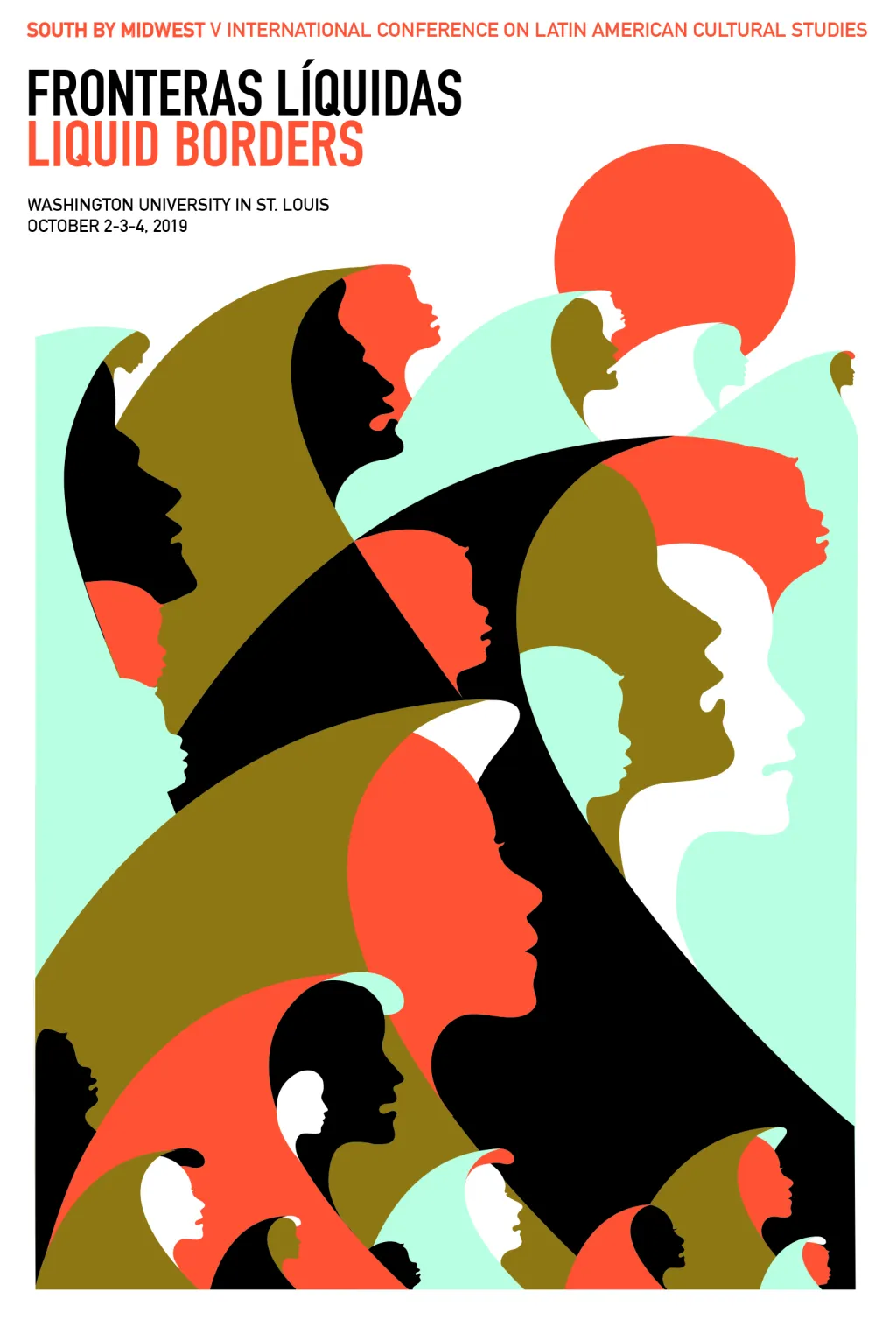Mabel Moraña is the William H. Gass Professor of Arts & Sciences in the Department of Romance Languages & Literatures, and the director of the Latin American Studies Program.

The theme of borders and its related fields (migration, citizenship and human rights) has become an inescapable topic both in the U.S. and abroad. The world seems to be experiencing some kind of demographic outburst, whose immediate consequence is the proliferation of human beings out of place. Territory, citizenship, deportation have also become part of the lexical repertoire that we see reappear in the news, in everyday exchanges with family and friends, in public debates, and certainly in academic and political forums. The discourses about the border also integrate more disturbing concepts that have painful connotations for all: discrimination, racism, xenophobia, chauvinism. How can the world respond to millions of human beings in search for a space of survival and dignity? Can we build a wall and hide behind it? How should we understand concepts such as privilege, solidarity, tolerance, inequality? Is academe a place to protect and isolate our students, or a platform to expose them to the problems of the world?
Our students ask questions; children born in other countries face rejection from others in school; foreign languages suddenly sound bizarre and feel unwelcome. We need a serious meditation on the new human crises that the 21st century is facing as we speak, together with the environmental catastrophes that threaten the mere existence of human beings in our beautiful but vulnerable planet. We need to face our ghosts, name our fears and define, once and for all, the world we want. We need to hear the voice of others, and to reflect about our ability to really listen.
In order to approach these topics, the Latin American Studies Program has organized an international conference titled Liquid Borders/ Fronteras líquidas at Washington University, in which specialized scholars from all around the world will share their expertise with colleagues, guests, students and general public, during three days (October 2–4, 2019) of intense intellectual debate. This conference is the fifth International Conference on Latin American Cultural Studies and has been sponsored by the Dean of Arts and Sciences, the Center for the Humanities, the Department of Romance Languages & Literatures, and the Revista de Estudios Hispánicos.
The goal of this conference is not only to analyze particular cases but also to think together about methods and categories that could be useful for the understanding and study of this new social, economic and political scenario. Some new concepts have emerged to this end: irregular migrant, global citizenship, cultural intimacy, transnationalism, nomadism, forced displacement, among others. What do they mean? What are the differences between exile and banishment, migration, diaspora, and nomadism, asylum and political refuge? How does current migration diverge from other diasporic movements in history? What are the consequences of these massive mobilizations across the globe? What do they tell us about the nation-state, the notions of citizenry and the principle of sovereignty? How are these movements modifying the cartographies of the modern era? How do religion, gender, ethnicity, politics, class and so forth play a role in these processes? How does migration relate to environmental crises, to social inequality, to questions of identity? How are other countries responding to these interrogations and what are the policies they are implementing in this respect?
Our guest speakers, internationally recognized authorities in the field of migration studies, will share with us their own questions and findings. They come from many different cultural contexts and represent diverse theoretical and political perspectives: Sandro Mezzadra, from the University of Bologna; José Manuel Valenzuela, from Colegio de la Frontera Norte, Tijuana; Graziella Parati, from Dartmouth College; Amina Karavanta, University of Athens, Greece; Juan Ricardo Aparicio, Universidad de los Andes, Colombia; Jorge Daniel Vásquez, FLACSO, Ecuador, Rossana Reguillo, ITESO, Guadalajara.
These are some of the many guests invited for this event, which will approach the topics of borders and migration from interdisciplinary perspectives that involve the areas of anthropology, history, cultural theory, sociology, literary studies, and the like. Their contributions will allow us to understand how migratory movements function in the European context, particularly in the Mediterranean, as well as in Central America and other areas of the world, and how national states are implementing policies for admission, deportation, refuge and political asylum.
Finally, we will conclude with a round table that will allow us to sum up our main ideas, to discuss different cases and positions, and to plan further academic and professional actions for the understanding of these processes and the advancement of social consciousness. We hope that all members of the academic community and general public will attend our sessions that will take place at the McMillan Café, and will participate in the discussions and interactions with our numerous guests.




